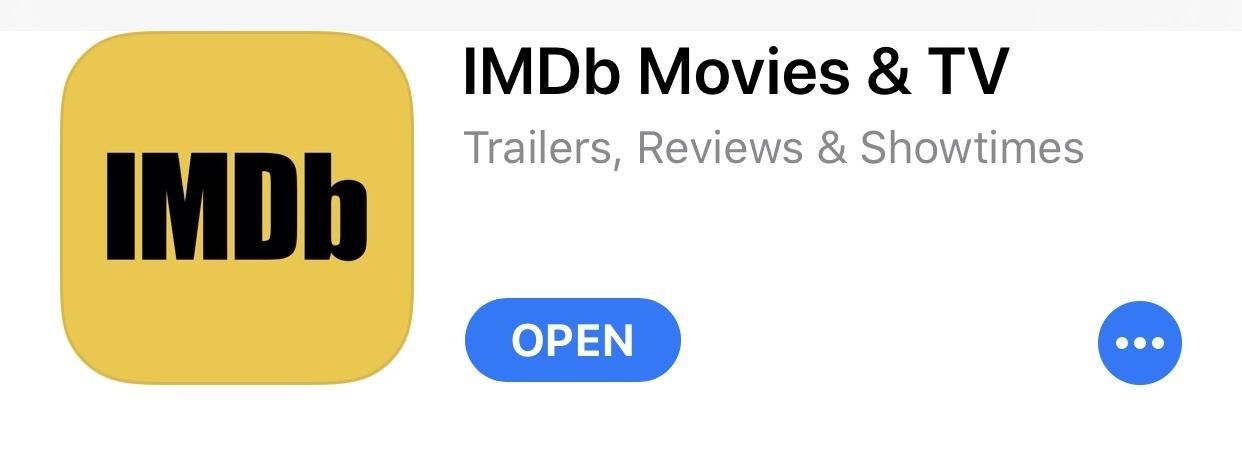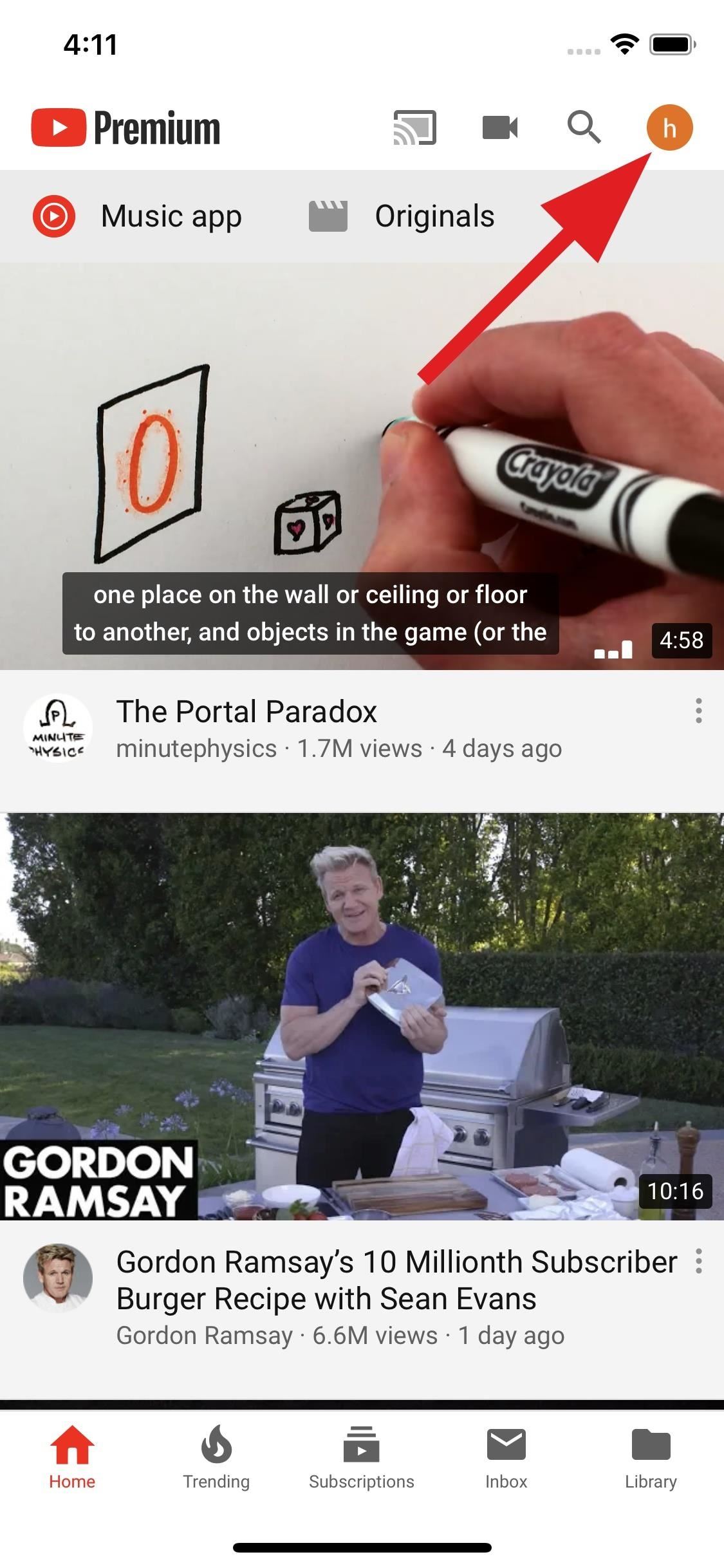Was your last choice really voluntary?
Lack of options may have an adverse effect on choice
How many choices have you made today? Lots? How many of them were voluntary? All of them? Don’t be so sure.
For example, the last time I used one of my credit cards I forever gave up my constitutional right to seek redress through the courts (unless our legislators some day come to their senses), at least as far as that credit company, with which I’ve been doing business for several years, was concerned. It had informed me in a tiny-type insert that continued use of the card would mean I could no longer sue the company or be involved in a class-action suit against it. My alternative? Go without the credit card.
And I’m sure that as I write this someone somewhere is being given the corporate heave-ho under the euphemism of “restructuring” — or whatever they’re calling it today — and is being presented with a termination agreement that gives him or her certain parting gifts in return for a promise never to sue the company or even say anything bad about it. The alternative? Be escorted out with a pathetic cardboard box full of personal belongings and a couple of bucks.
Those who see nothing wrong with either of these scenarios will be quick to point out that both I and the unfortunate newly downsized employee were perfectly free to choose not to agree to the terms presented to us. In a sense, they would be right. But that would be the same as saying that someone who has a gun pointed at his head is technically free to tell the thief he can’t have the wallet.
How free we are to make the choices we make is one of the most intriguing areas of ethics, and philosophers can and do argue about it for days on end.
Making an informed choice depends on several things. First we need to be informed, which may seem obvious, but is more complicated than people realize. An important component to information is that we understand what we’re being told. The common wisdom — which is often more common than wise — says that if I tell you X, then it’s up to you to understand X; I’ve done my part.
In some cases that’s true, but in many others it’s not. If I have some sort of fiduciary responsibility to you — as a doctor, lawyer, teacher — then the responsibility falls on me to ensure that you understand what I’m telling you. Even if I don’t have such a relationship, I do have an obligation not to confuse or deceive you. I would add another obligation, which is not to overload you with so much information that it becomes virtually impossible for you to determine what the truth is.
But even if I’m crystal clear and you do understand what I’m asking you to agree to, the voluntariness of your response depends on whether you have a range of acceptable options — or even a single acceptable option.
Imagine yourself in the emergency room some day with an intense stabbing pain in your lower right abdomen. You’re nauseated, sweating bullets, and you can hardly stand. Someone shoves a clipboard under your nose and asks you to sign the consent form to allow Dr. Jones to cut you open. Is your signature voluntary? Certainly you could technically refuse to sign, but what are your alternatives? “No thanks, I think I’ll shop around a bit.” Hardly reasonable or acceptable. The alternative to signing is so unpleasant that you sign.
The same applies to the gun-to-the-head situation. Resisting is not worth the amount of money involved, assuming the person held at gunpoint isn’t carrying an awful lot of money. But in another situation — betraying military secrets, for example — the calculus might be changed and the person under the gun might just refuse. So a lot depends on the alternatives involved.
In the gun scenario one important thing that has happened is that the gun bearer has significantly changed the background against which the victim has to make the decision. This is a clear manipulation of the circumstances, and that manipulation impinges on the ability of the victim to make a truly voluntary choice.
A similar situation applies in the termination agreement scenario. The company that is firing the employee has changed the background against which the employee must make the decision. If the company had come to the employee, assured him or her that employment would continue, and then offered as an added bonus the opportunity to sign away certain rights for a lump sum of money, the employee would be much more free to decide whether to do that. In that case, assuming there would be no retribution for refusing, I’d be more inclined to say the choice is voluntary.
In the credit card case, the company hasn’t necessarily changed the background — although it is changing the terms of service in midstream. It wasn’t even a renewal agreement, just a midstream change. This raises two issues. The first is the inconvenience to the user that comes from changing cards. It’s not a crushing issue, but it is a pain.
More important is the lack of reasonable alternatives. Some people might say the answer is to switch to another card. The objection to this suggestion is that an increasing number of credit card lenders are catching on to this scheme. Switching to another lender might be nothing more than buying a month or two of time. The other obvious alternative is to simply do without a credit card, but in today’s world — especially for anyone who travels on business — that’s hardly realistic.
Granted, some people do manage to live without credit cards, but then some people manage to live without electricity. It’s possible, but it’s terribly inconvenient — and highly impractical for most people. The credit card companies know this and are exploiting it, but they will claim with all their might that those who agreed did so willingly.
Many of our choices aren’t completely voluntary. We’re often faced with a take-it-or-leave-it scenario, and leaving it is so unattractive that we have no real alternative but to say yes.
If you choose, you can join our Ethics Matters forum at www.infoworld.com/forums/ethics or write to me at [email protected].




